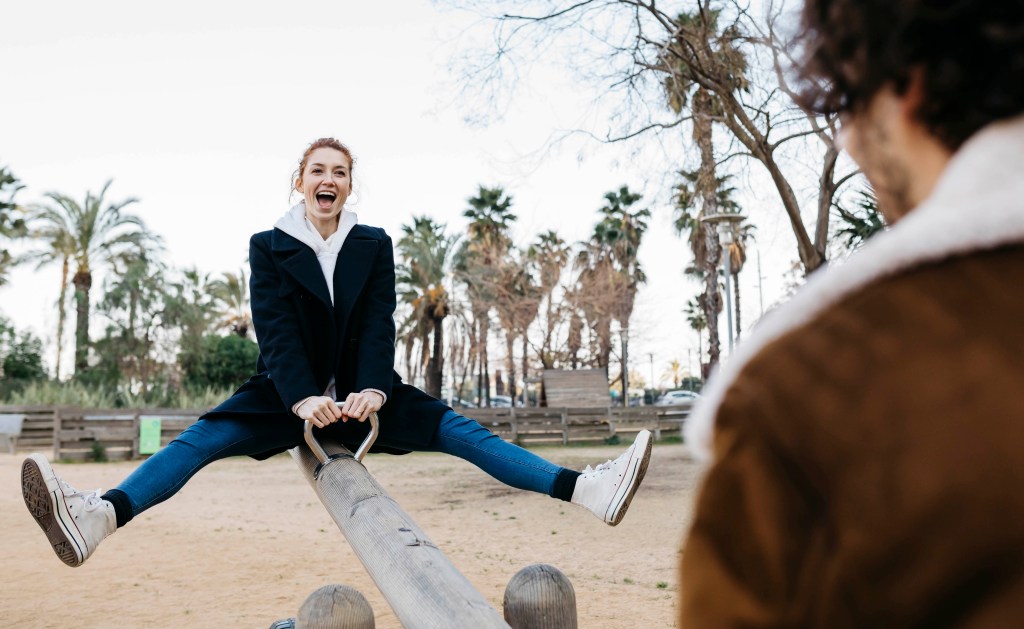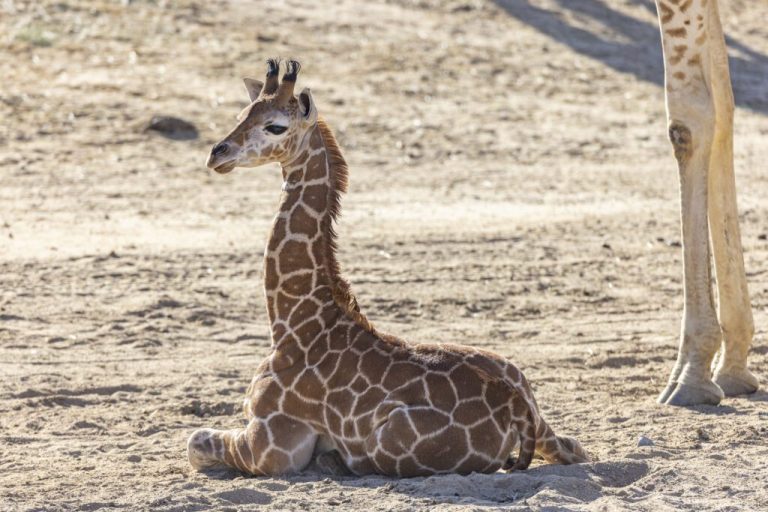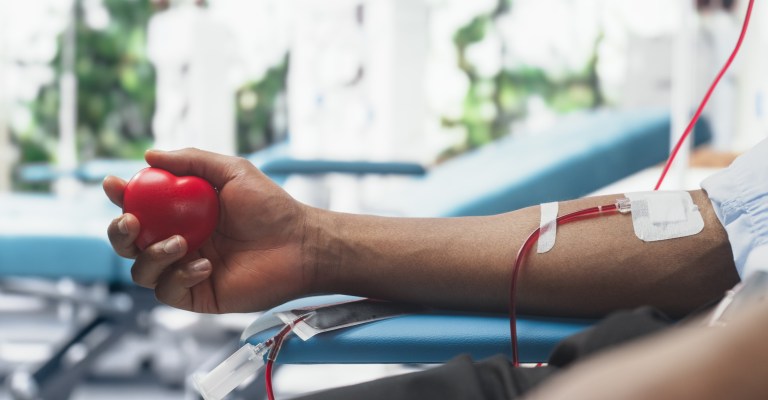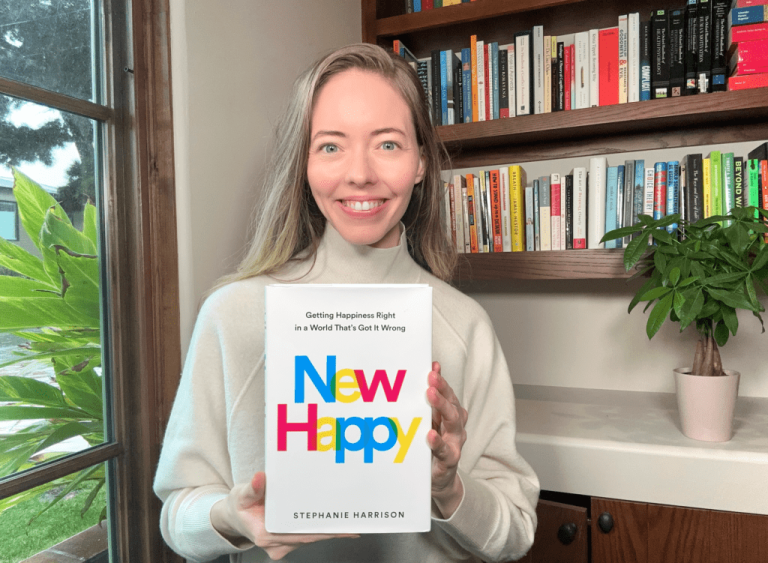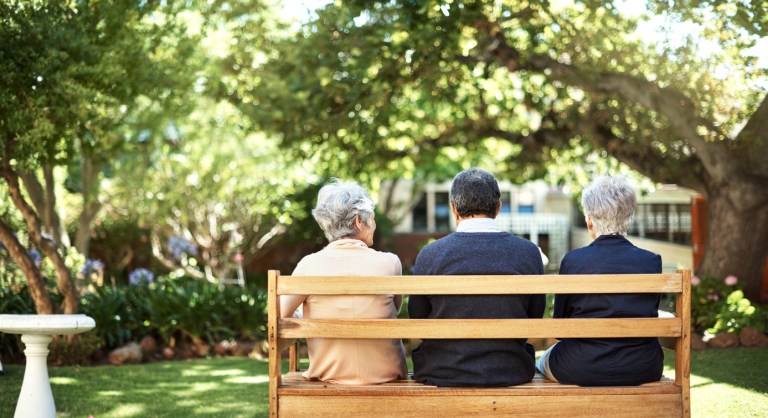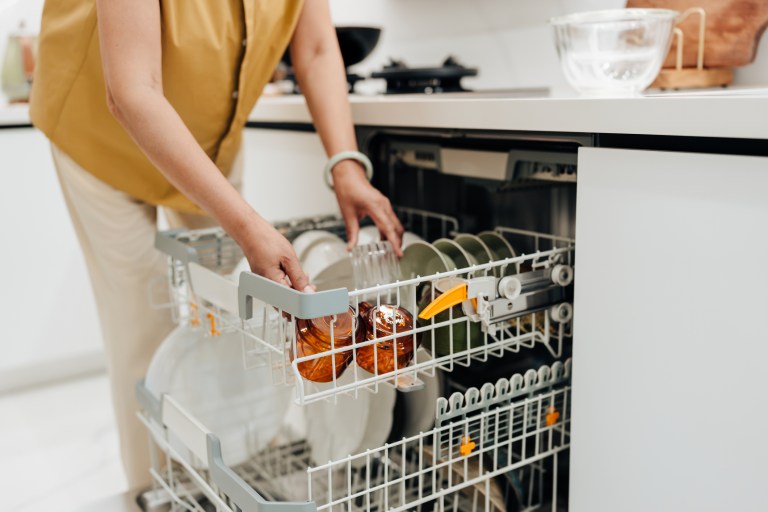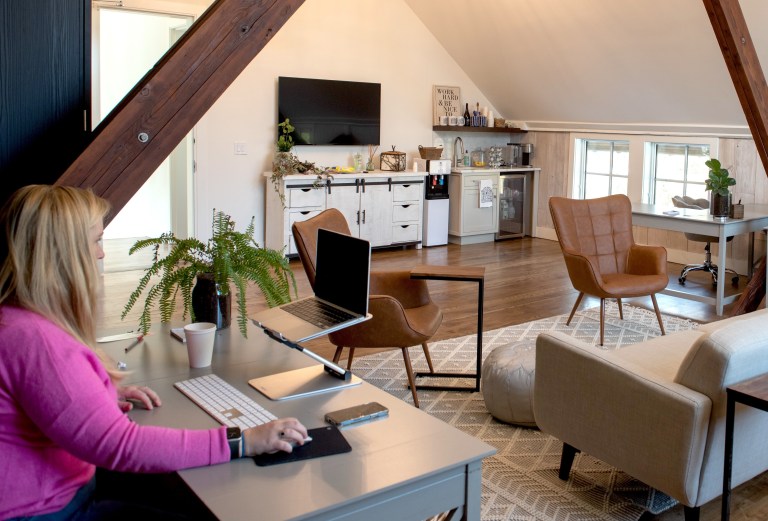Making lemonade when life hands you lemons is a concept that’s been around for over 100 years — but thanks to a study out of Oregon State University, we now have new science-backed evidence showing how powerful “lemonading” can really be.
The study evaluated two groups of people during the COVID-19 pandemic, homing in on one quality in particular: playfulness. Their findings? The more playful individuals displayed “significantly higher levels” of resilience when coping with the effects of the pandemic compared to the less playful group, suggesting the former are better equipped to have positive experiences during difficult times.
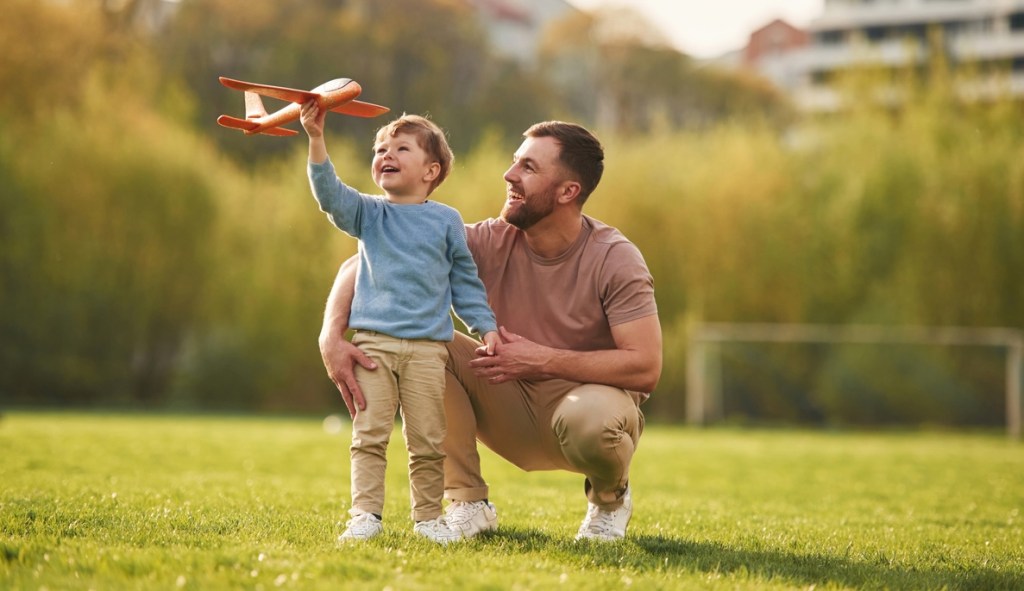
“[Playful people] actively altered challenging situations, found creative substitutes for what was lost, viewed obstacles as opportunities for growth, and maintained a strong sense of control over their responses,” lead author Xiangyou “Sharon” Shen explained in a statement, noting that understanding how these individuals navigate tough times may help inform future coping interventions for stress and uncertainty.
To measure playfulness, Shen and her colleagues used a method that she co-created in 2014, called the Adult Playfulness Trait Scale. It measures three main factors: fun-seeking motivation, uninhibitedness, and spontaneity.
Their findings also revealed why playfulness was so powerful during that challenging time period — which takes us back to lemonading. The team defines the term as “creatively imagining and pursuing positive possibilities to cultivate adaptive, enjoyable experiences while maintaining a clear-eyed realism about challenges,” emphasizing that pursuing positivity doesn’t equate to donning rose-colored glasses.
Instead, playfulness acts as a “color spotlight” that can help people reframe bad experiences while still maintaining a firm grip on reality, the scientists explained. Though both groups studied understood the risks and protective factors of their situations in a similar way, playful individuals were significantly more inclined to focus on positive outcomes when looking to the future.
“This suggests that playfulness may not override critical thinking but rather complement it by enabling a more optimistic perspective when interpreting uncertainties,” the authors write. “Playfulness doesn’t distort reality — it enhances it,” Shen added in the statement.
Not only was the playful group able to reframe their difficult circumstances, they were also able to get more out of their leisure activities. The two groups reported participating in similar activities with similar frequency, but the playful individuals had higher-quality experiences with these pastimes.
“This is essentially making lemonade from lemons, and it’s connected intimately with resilience,” Shen said. “Their unique combination of realistic assessment and flexible problem-solving emerged as a powerful formula, offering a vivid demonstration of how personality traits like playfulness shape our responses under stress.”

We may no longer be in the throes of a global pandemic, but lemonading can be used to face any challenge we encounter — big or small. According to Shen, even dedicating five or 10 minutes a day “for a small dose of play” can help. To get started, she suggests participating in activities that spark curiosity and joy, trying new ways of doing routine (read: mundane) tasks, and spending time with people you can laugh and play with.
“A key to all of this is focusing on the quality of engagement rather than simply doing what might be called play activities,” she said. “True playfulness doesn’t require a playground, games, or toys. It’s about bringing a spirit of openness, flexibility, and fun to everyday moments.”
Want to keep going? Here are a few more tips for cultivating playfulness in your daily life.
RELATED: Cracking Jokes at the Dinner Table? Keep It Up, Parenting Study Suggests
